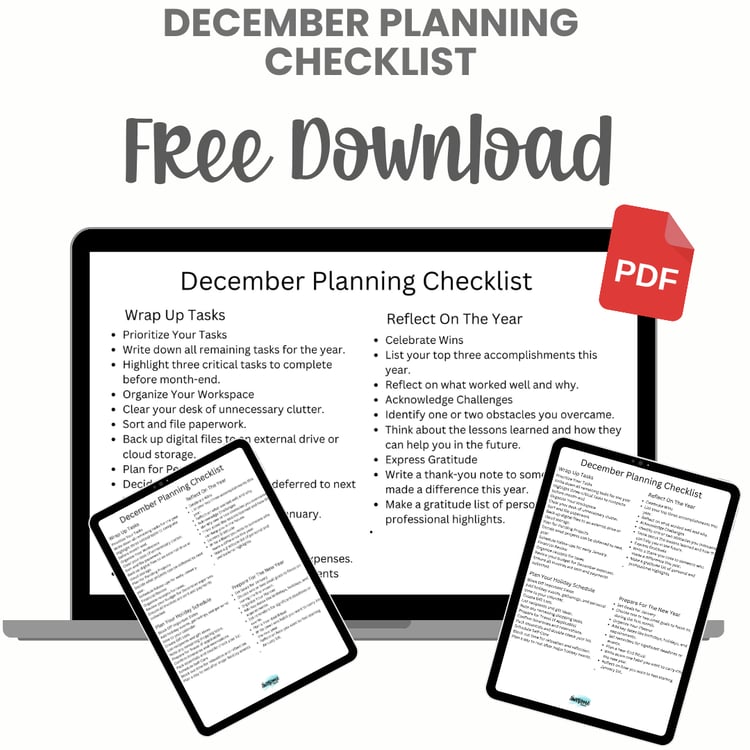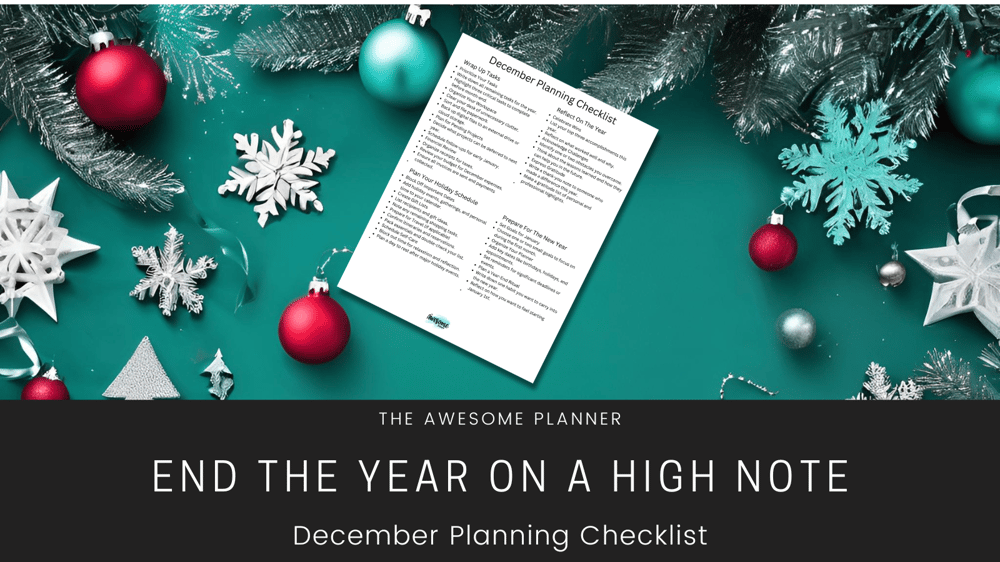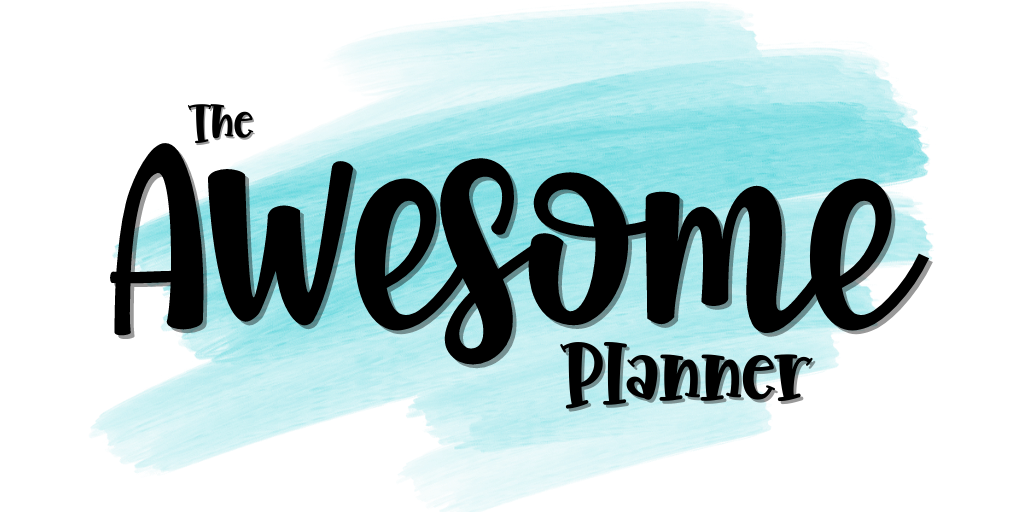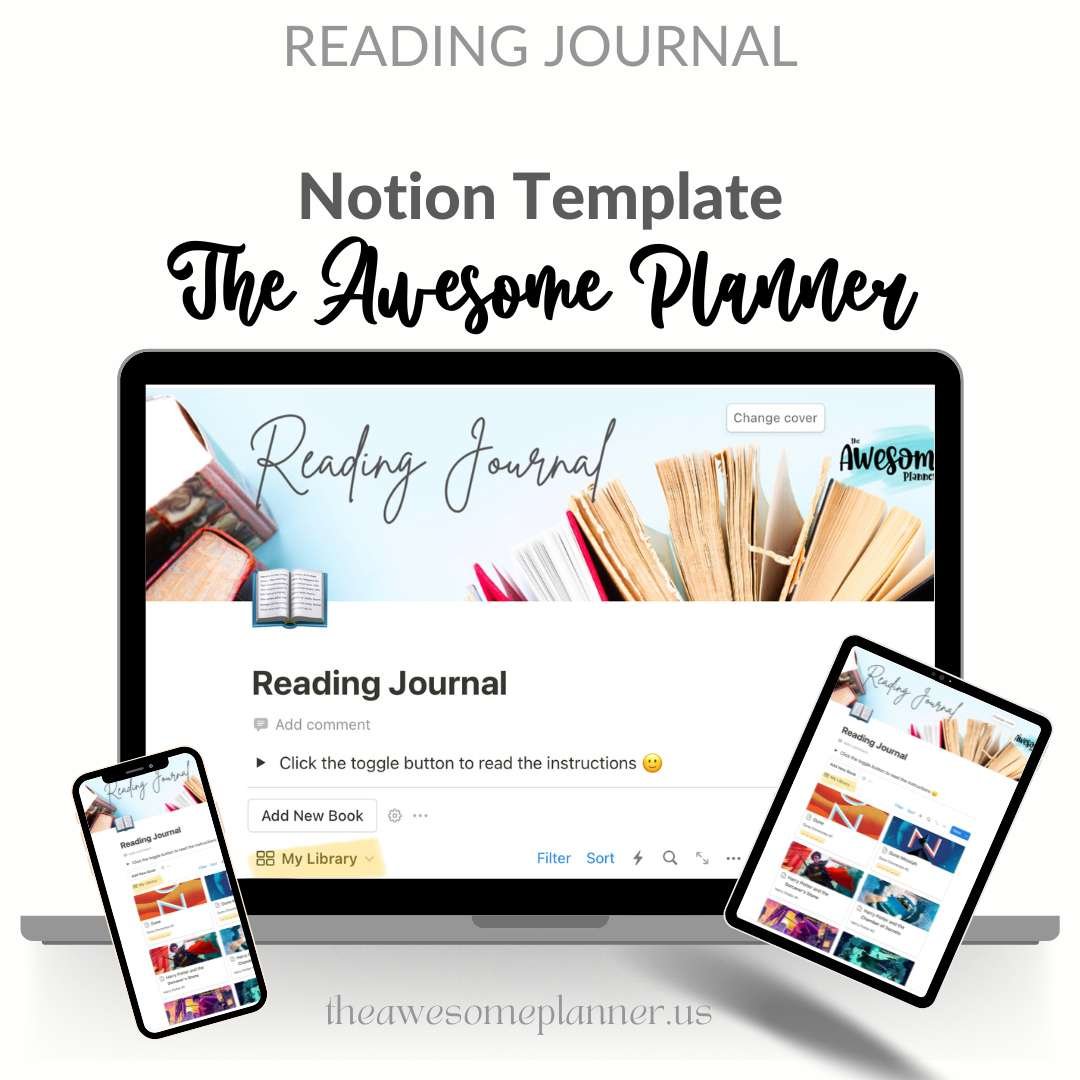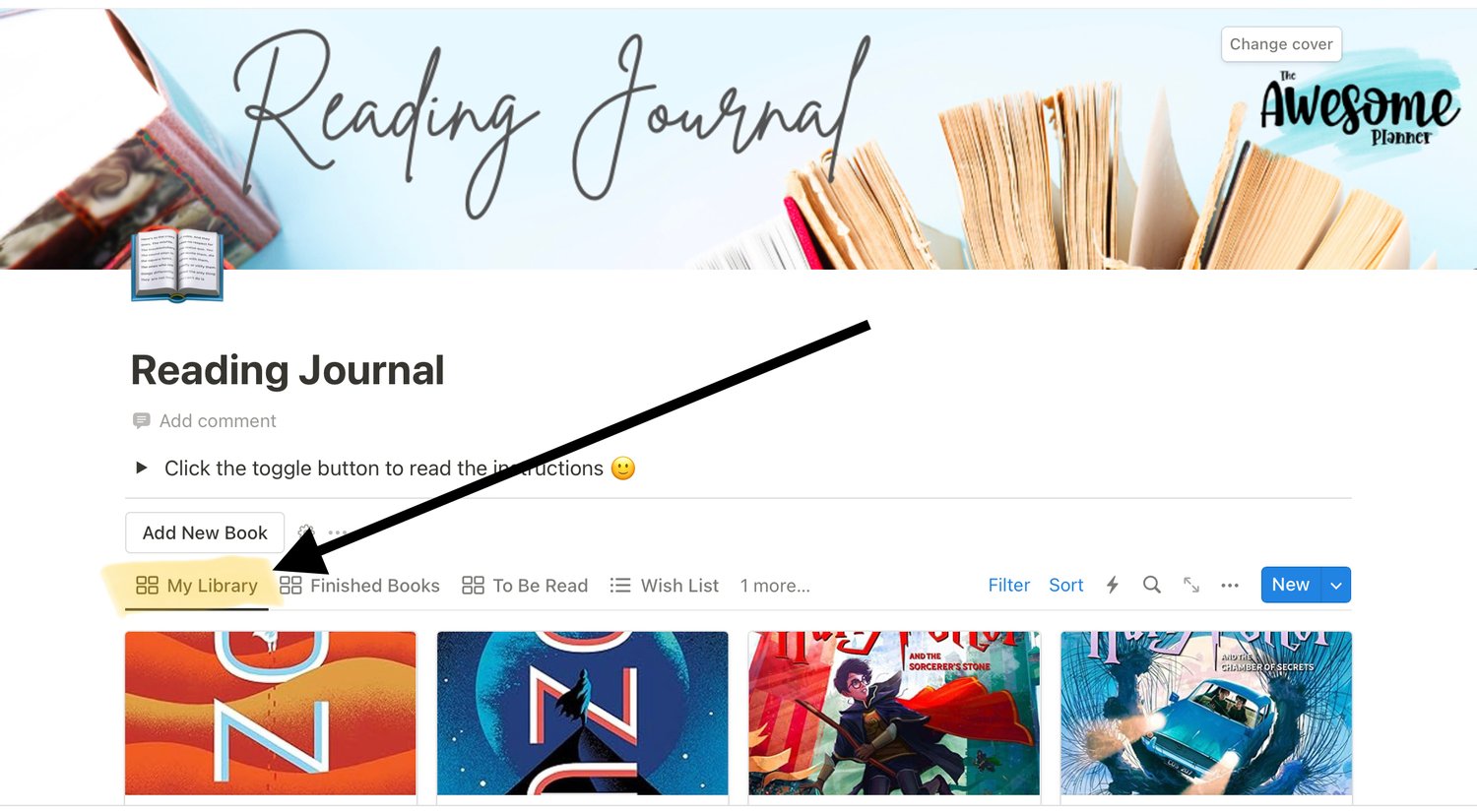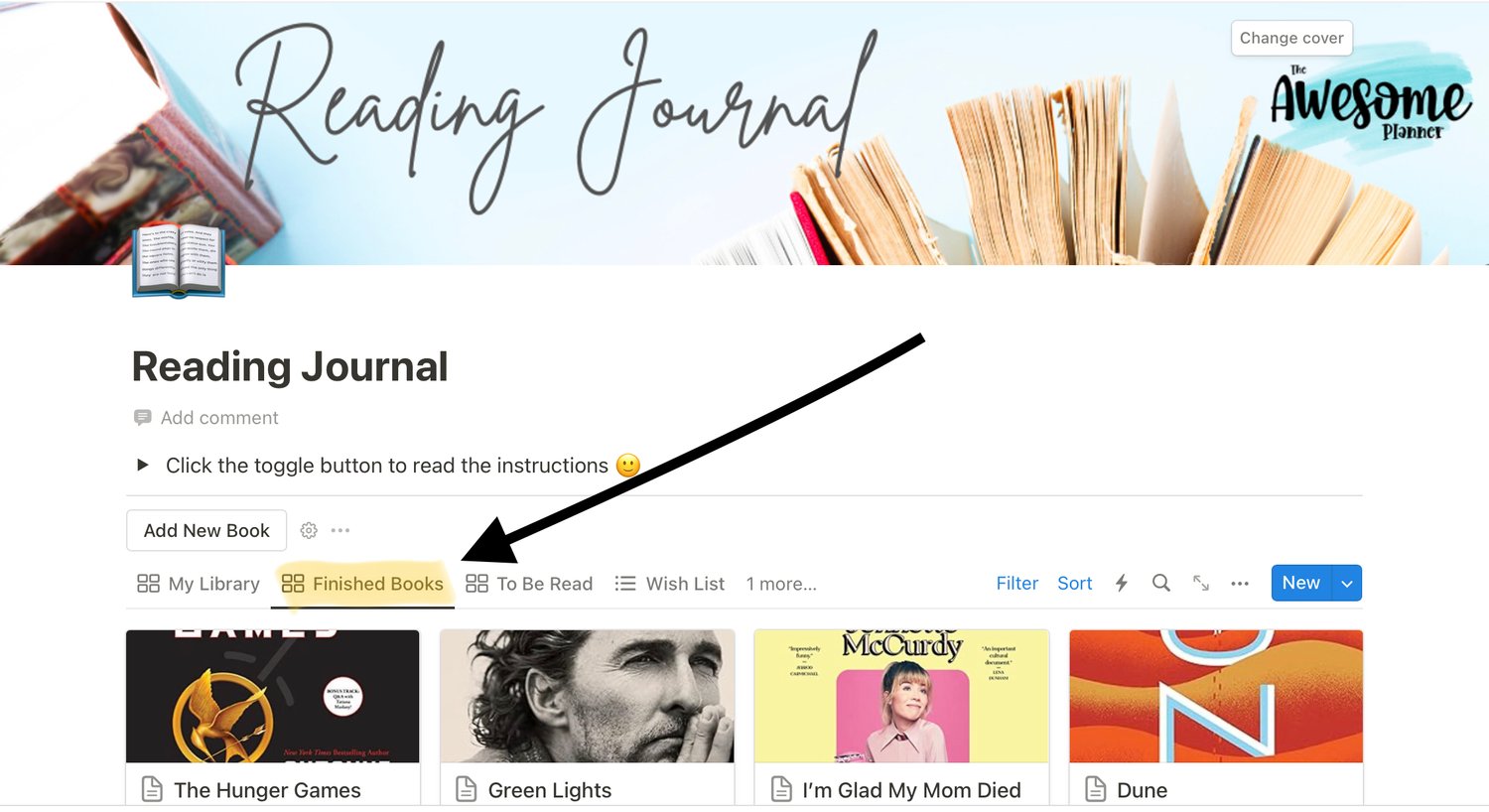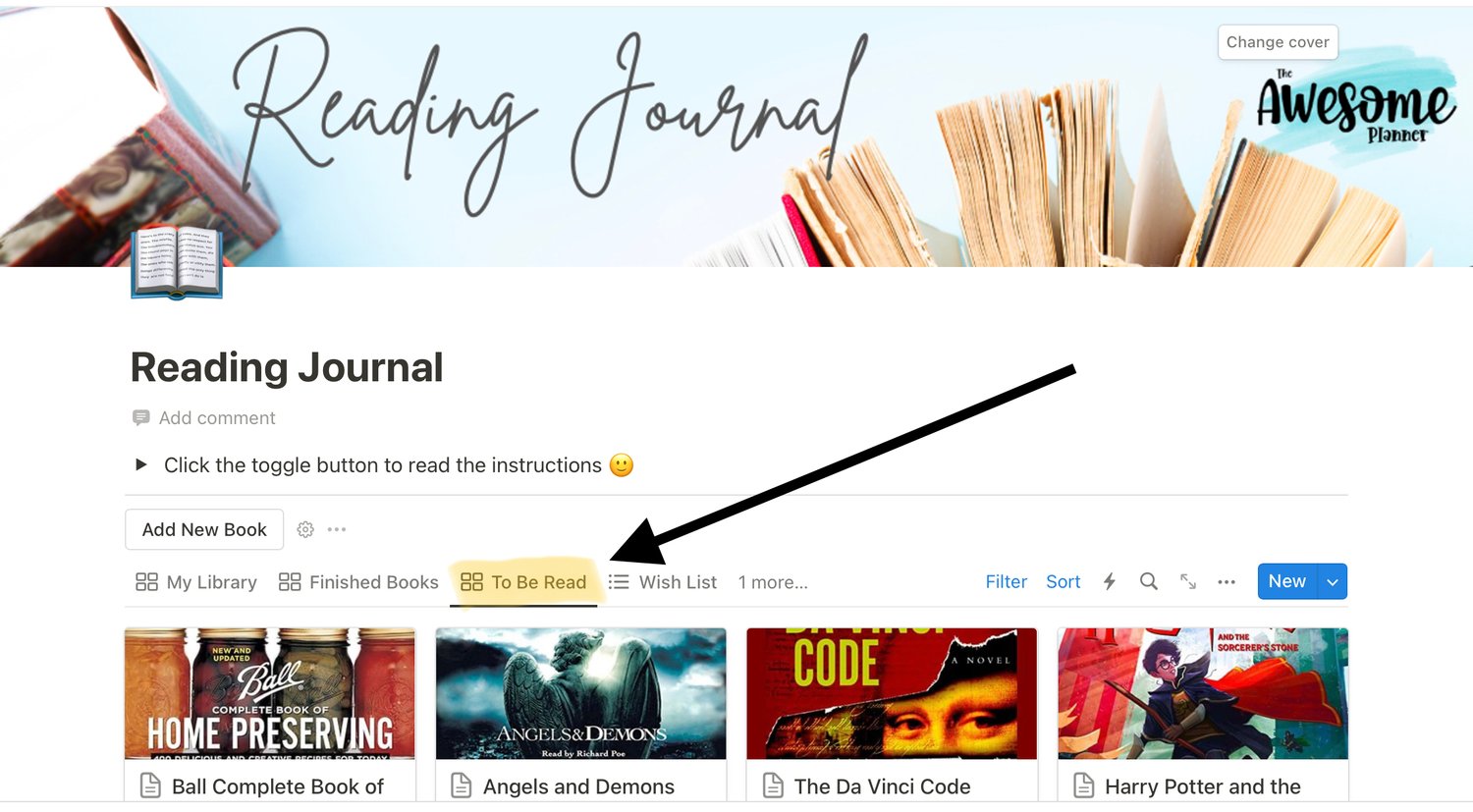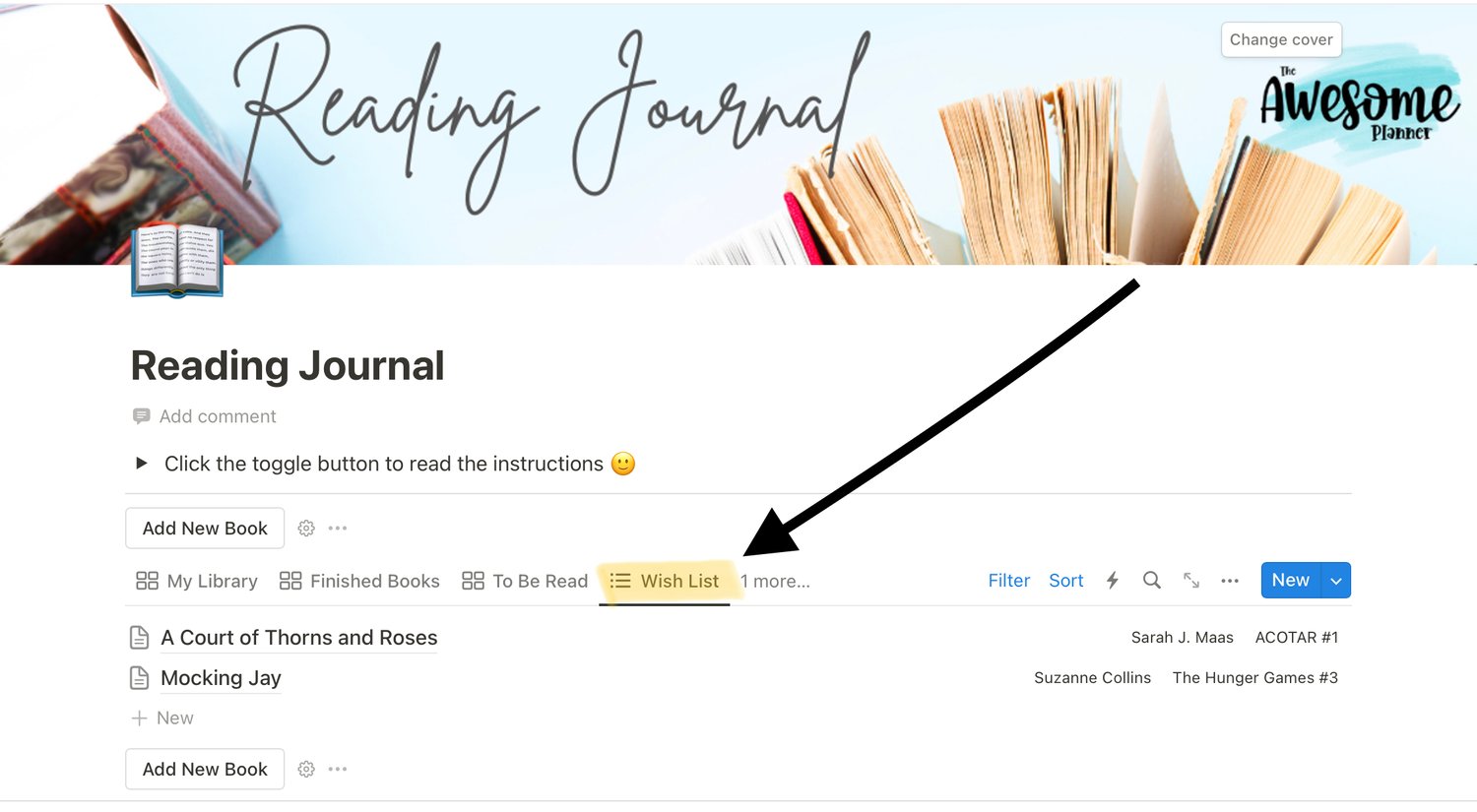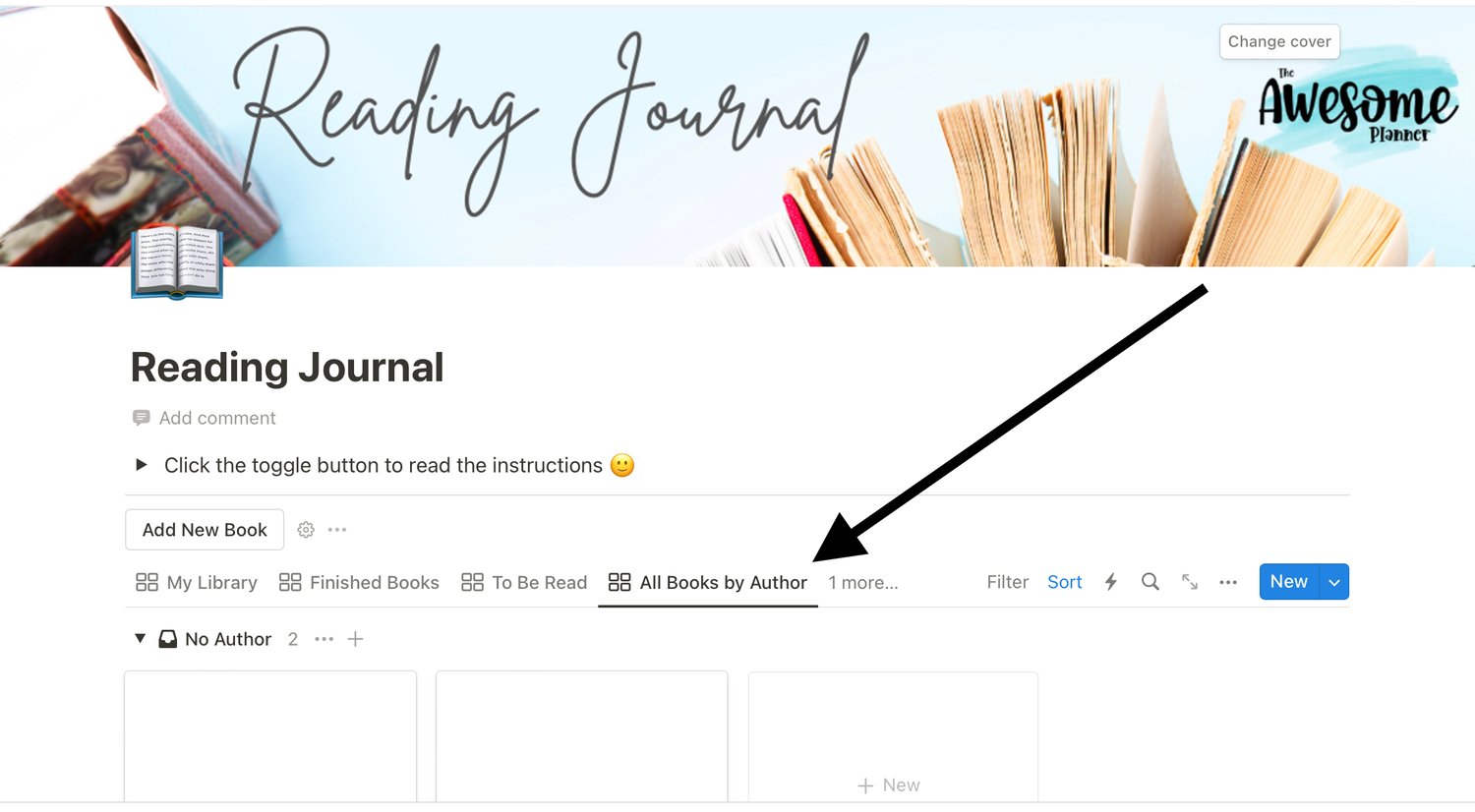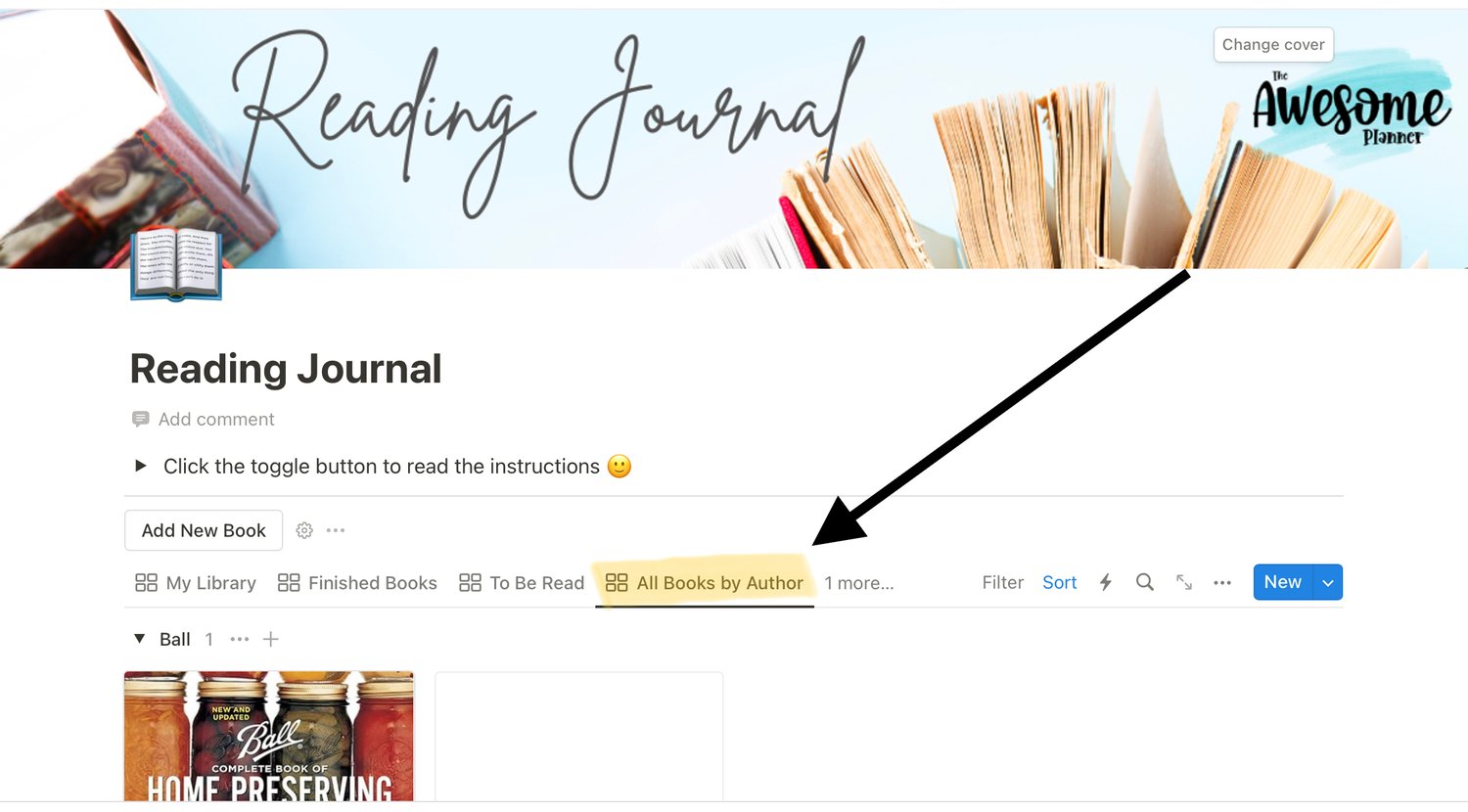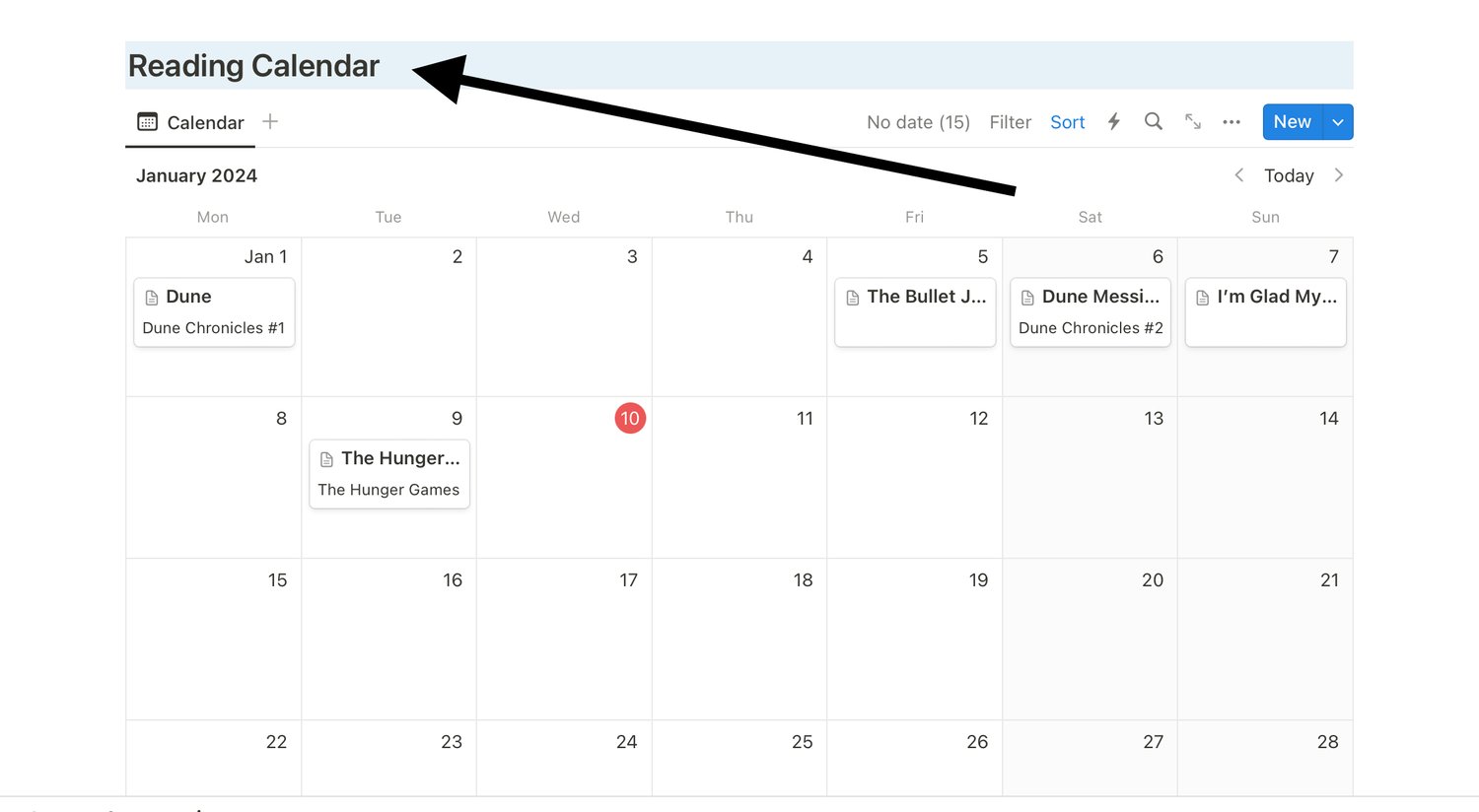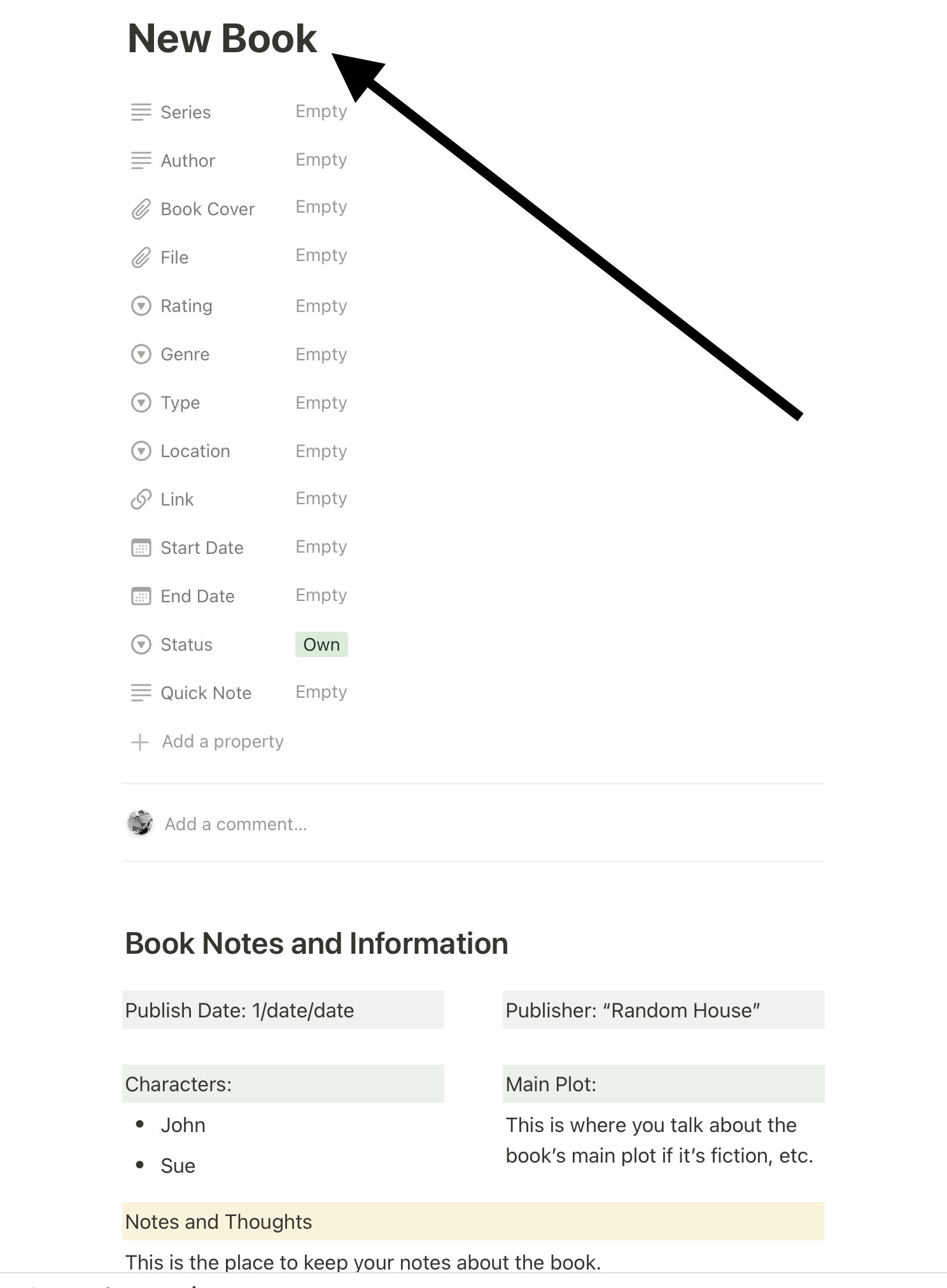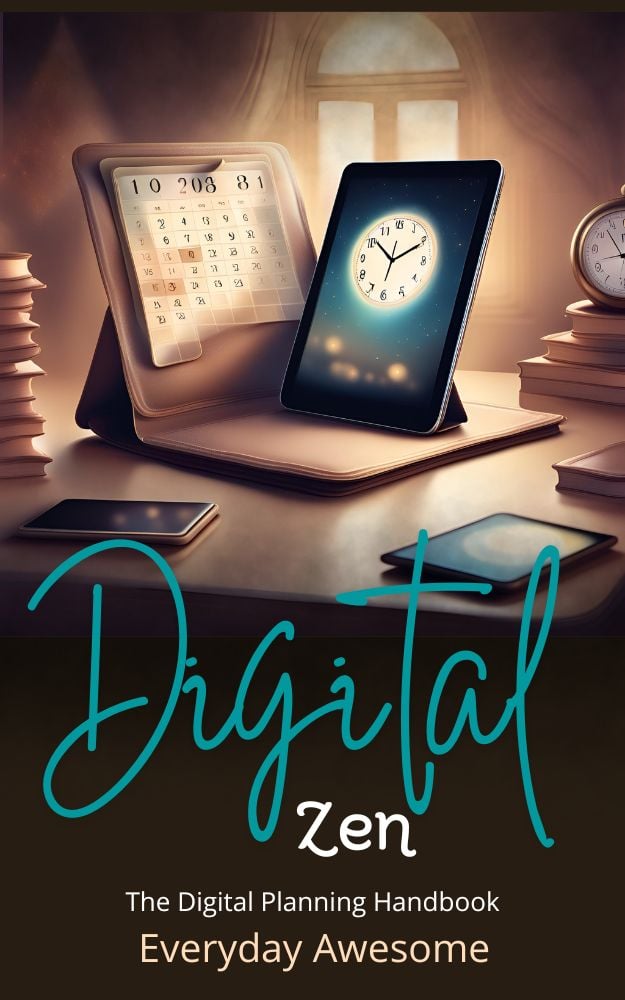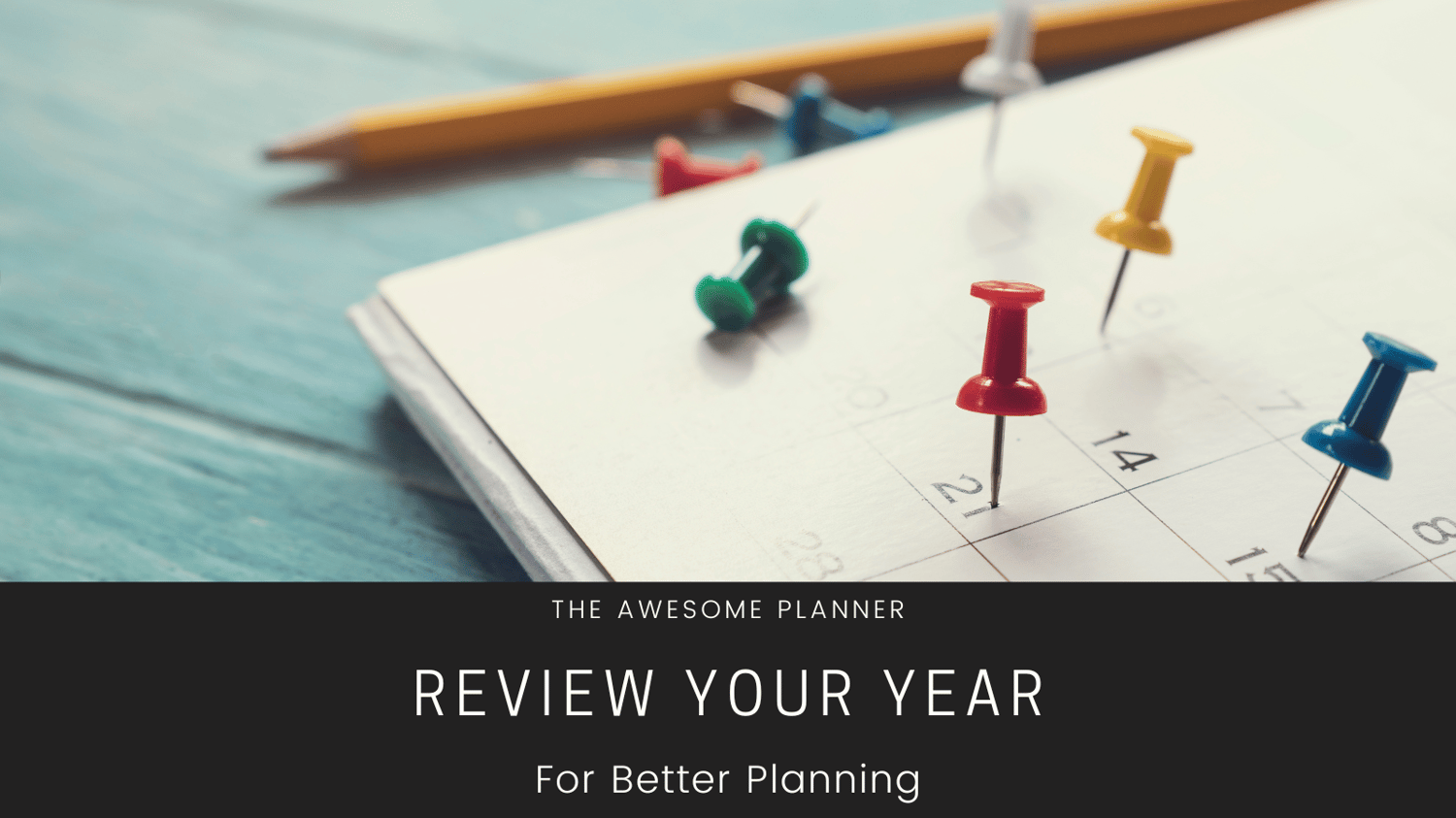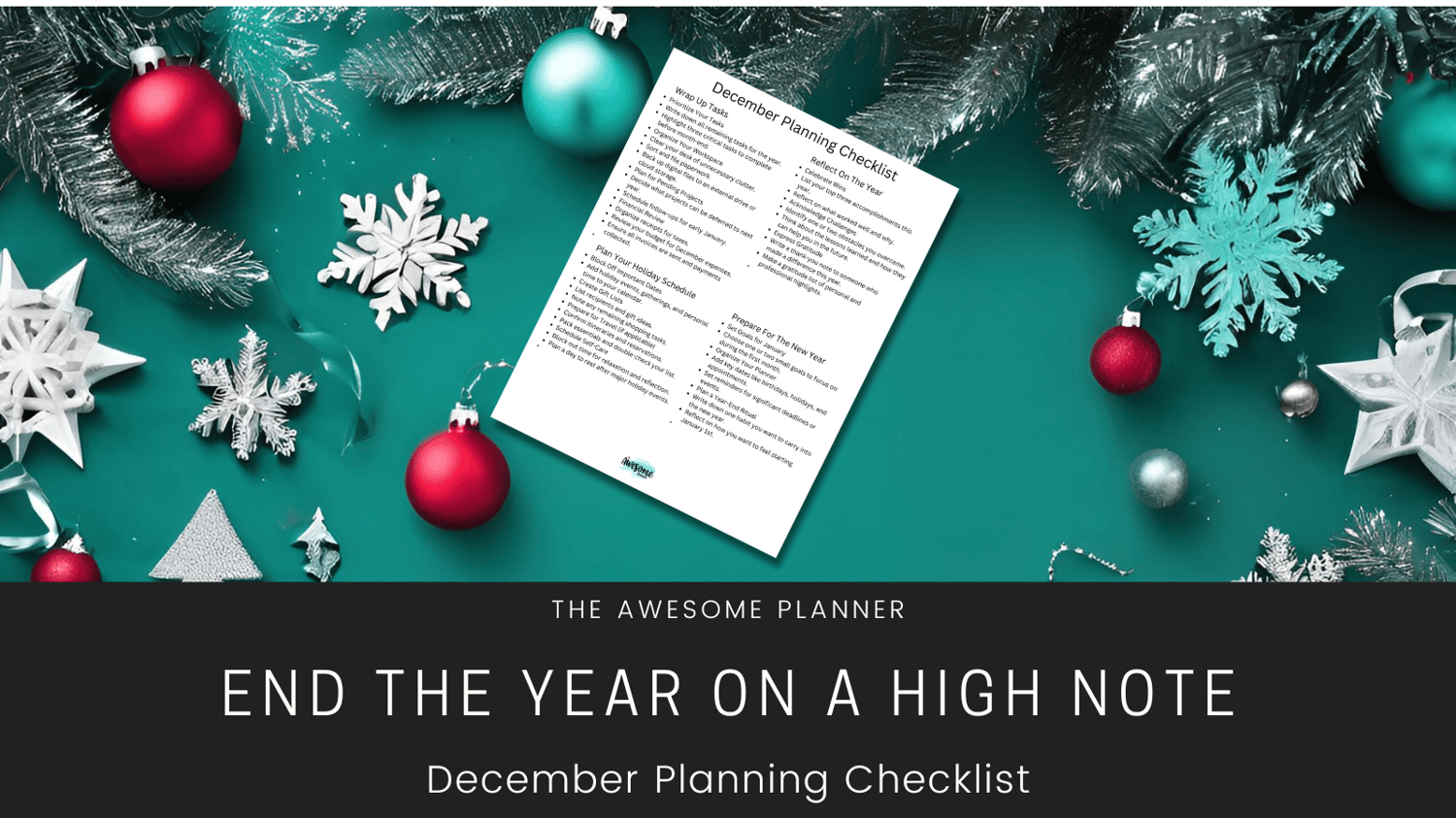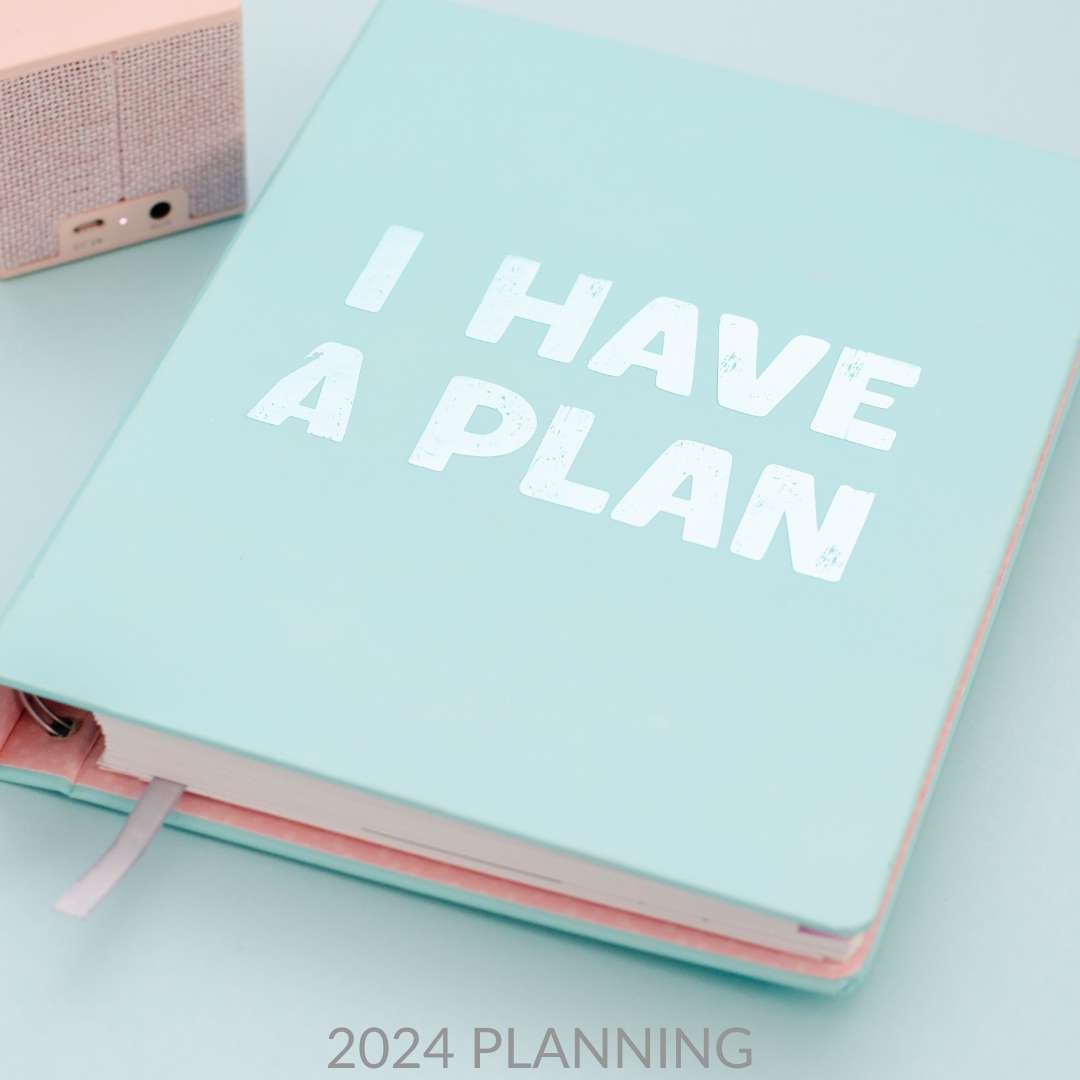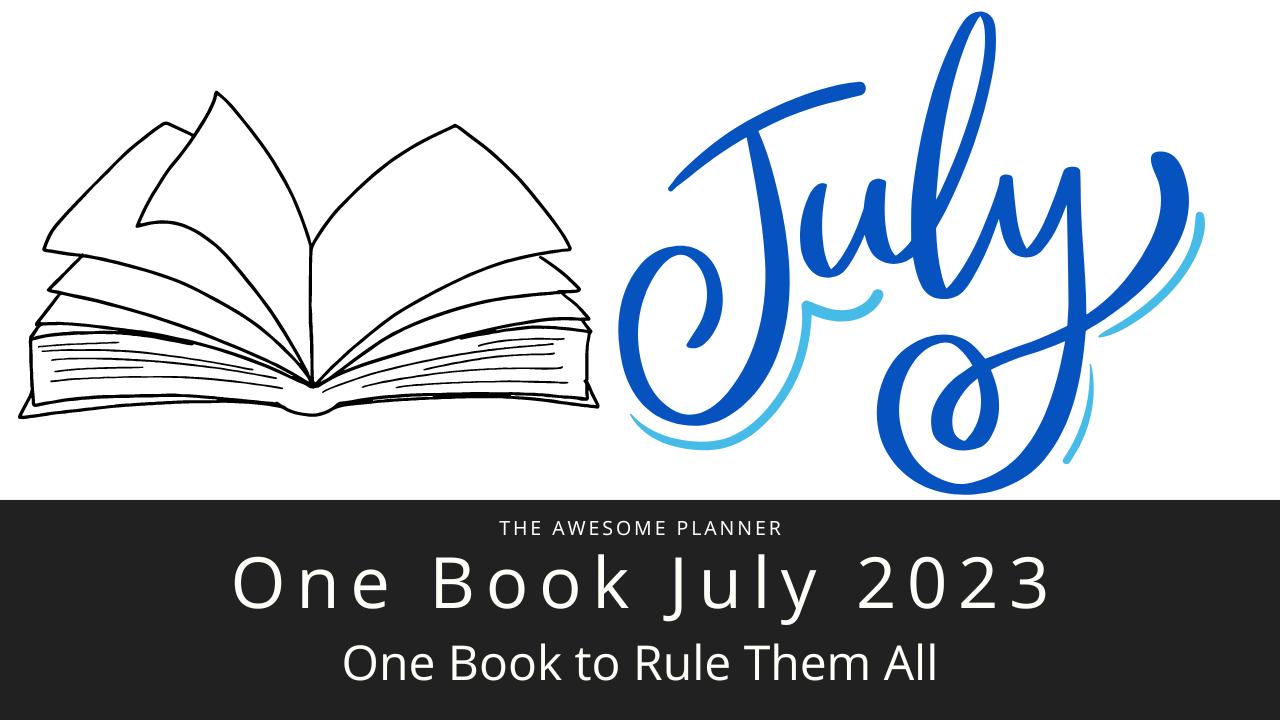As the year draws to a close, December can feel like a whirlwind of holiday events, end-of-year deadlines, and looming preparations for the new year. It’s easy to feel overwhelmed, but with the right approach, you can turn this busy time into a productive and fulfilling period.
This checklist will help you finish the year on a high note by focusing on three key areas: wrapping up tasks, reflecting on accomplishments, and planning your holiday schedule.
Download a FREE checklist to help you keep track!
1. Wrapping Up Tasks
Unfinished tasks from the year can create unnecessary stress if left unresolved. Here’s how to tie up loose ends efficiently:
a. Create a “Must-Do” List:
Not everything on your to-do list is urgent. Prioritize tasks that:
- Have upcoming deadlines.
- Directly impact the start of your new year (e.g., financial reports, client commitments).
- Can be finished quickly for a sense of accomplishment.
b. Delegate and Automate:
Identify tasks that can be passed to others or streamlined with technology. For example:
- Use email autoresponders to manage holiday communication.
- Delegate non-critical tasks to team members or family members.
c. Tackle Procrastinated Projects:
Review your planner for unfinished goals or projects. Ask yourself:
- Is this worth completing, or can it wait until next year?
- What’s one small step I can take today to move it forward?
d. Organize Your Workspace:
A clutter-free environment can improve focus. Dedicate a day to:
- Clearing your desk.
- Deleting unnecessary digital files.
- Preparing a fresh planner for next year.
2. Reflecting on Accomplishments
Reflection is a powerful tool for growth. Before diving into new goals, take a moment to appreciate what you’ve achieved this year.
a. Review Your Planner or Journal:
Flip through your planner to:
- Note completed projects and milestones.
- Highlight moments of personal and professional growth.
- Identify strategies that worked well for you.
b. Ask Yourself Reflective Questions:
- What am I most proud of this year?
- What challenges did I overcome?
- Which habits helped me stay productive, and which ones hindered me?
c. Express Gratitude:
Acknowledging your progress and expressing gratitude can boost motivation. Consider:
- Writing a list of people who supported you this year.
- Sending thank-you notes to colleagues, clients, or friends.
d. Record Lessons Learned:
Use your reflections to plan for the future:
- What would I do differently next year?
- What goals should I carry forward, and what can I let go of?
3. Planning Your Holiday Schedule
December is a time for connection, celebration, and preparation. A well-organized holiday schedule can reduce stress and maximize enjoyment.
a. Create a Holiday Calendar:
Block out time for:
- Family gatherings and social events.
- Shopping, cooking, and other holiday prep tasks.
- Relaxation and self-care to recharge for the new year.
b. Set Holiday Priorities:
Decide what matters most this season. Ask yourself:
- Which events or traditions are non-negotiable?
- What can I skip or simplify to save time and energy?
c. Budget Your Time and Money:
Overspending and overcommitting are common holiday stressors. To avoid them:
- Set a realistic budget for gifts, travel, and entertainment.
- Limit your commitments to avoid burnout.
d. Use Lists for Efficiency:
Keep track of:
- Gift ideas and purchases.
- Meal planning and grocery shopping.
- Tasks like sending holiday cards or decorating.
4. Preparing for the New Year
Finally, set yourself up for a strong start in January by preparing now.
a. Outline New Goals:
Think about the upcoming year and brainstorm:
- Personal and professional goals.
- New habits or routines you’d like to establish.
- Skills or hobbies you’d like to develop.
b. Start a “January Jumpstart” Plan:
Plan one small goal to tackle in the first week of January. It could be as simple as:
- Organizing your workspace.
- Setting a morning routine.
- Decluttering one area of your home.
c. Update Your Planner:
Prepare your planner or calendar for January by:
- Adding important dates like birthdays, holidays, and appointments.
- Blocking time for your priorities and goals.
Conclusion: Start the New Year with Confidence
With this December planning checklist, you can end the year feeling accomplished and ready for what’s next. By wrapping up tasks, reflecting on your progress, and preparing for the holiday season, you’ll create a solid foundation for the new year.
Remember, productivity isn’t about doing everything—it’s about focusing on what matters most. Here’s to finishing the year strong and starting the next one with clarity and purpose!
